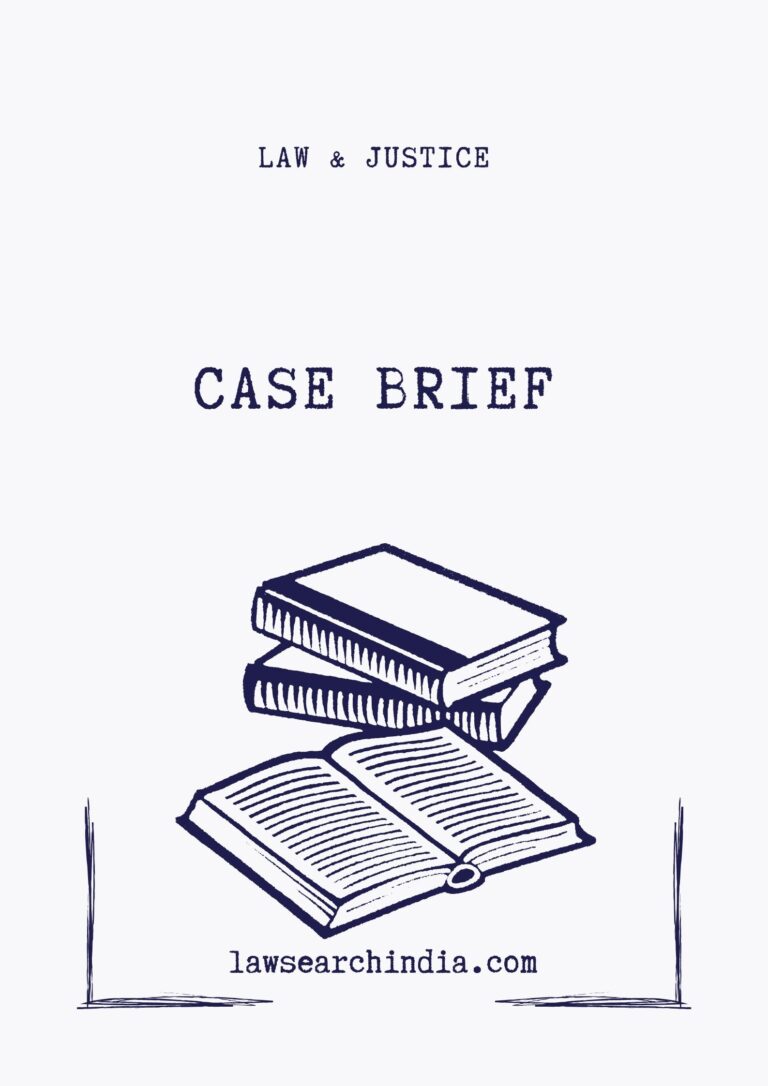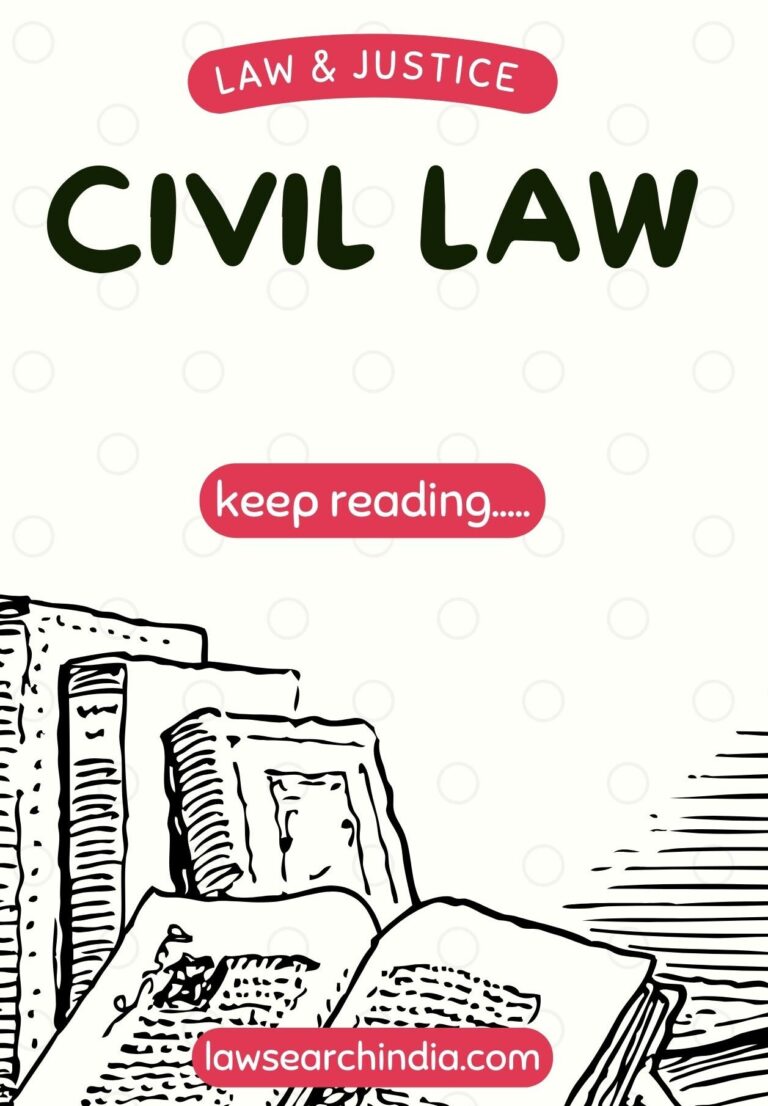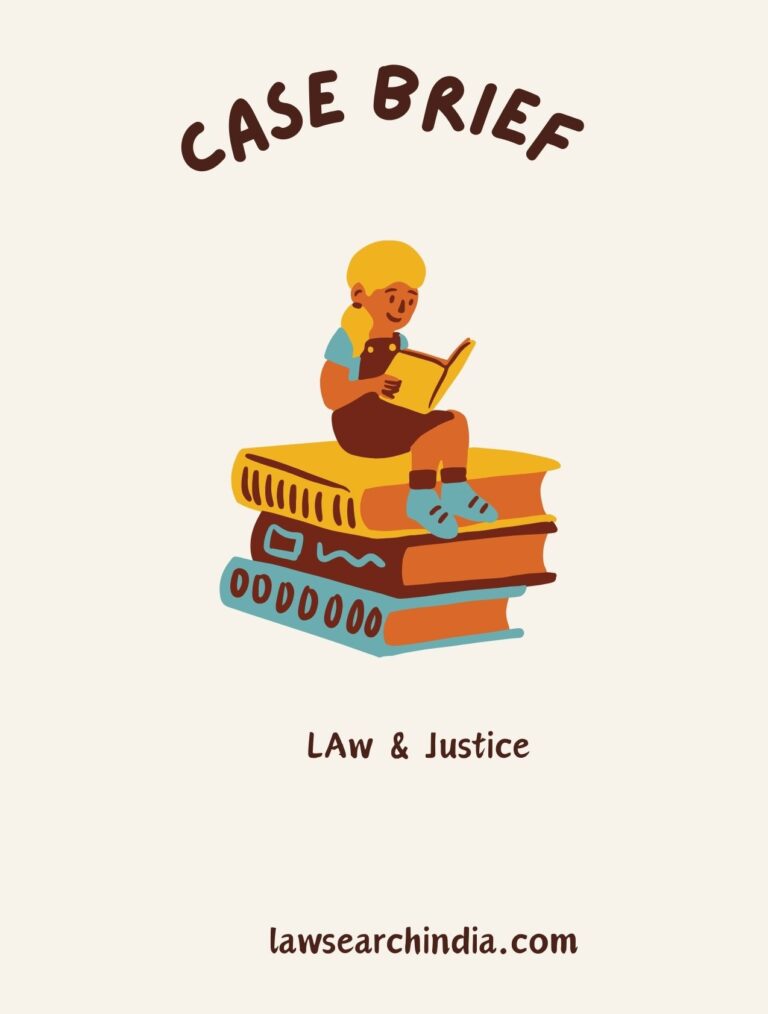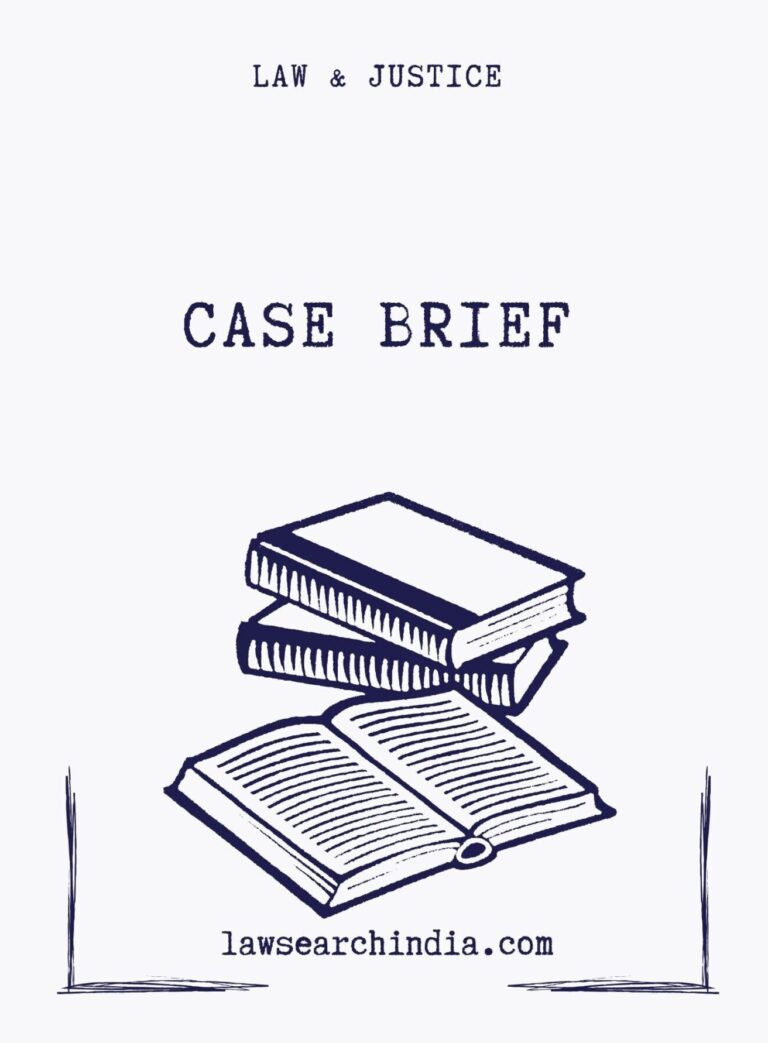CBI vs. R.R. KISHORE
Whether Section 6A of the DSPE Act is part of procedure or it introduces a conviction or sentence?
Whether Article 20 (1) of the Constitution will have any bearing or relevance in the context of declaration of Section 6 A of the DSPE Act as unconstitutional?
The declaration of Section 6A of the DSPE Act as unconstitutional and violative of Article 14 of the Constitution would have a retrospective effect or would apply prospectively from the date of its declaration as unconstitutional? Or whether there can be a deprivation of immunity provided under Section 6A (1) of DSPE Act 1946 by a retrospective operation of a judgment (SUBRAMANIAN SWAMY) of constitution bench, in the context of Article 20 of the Constitution of India?



